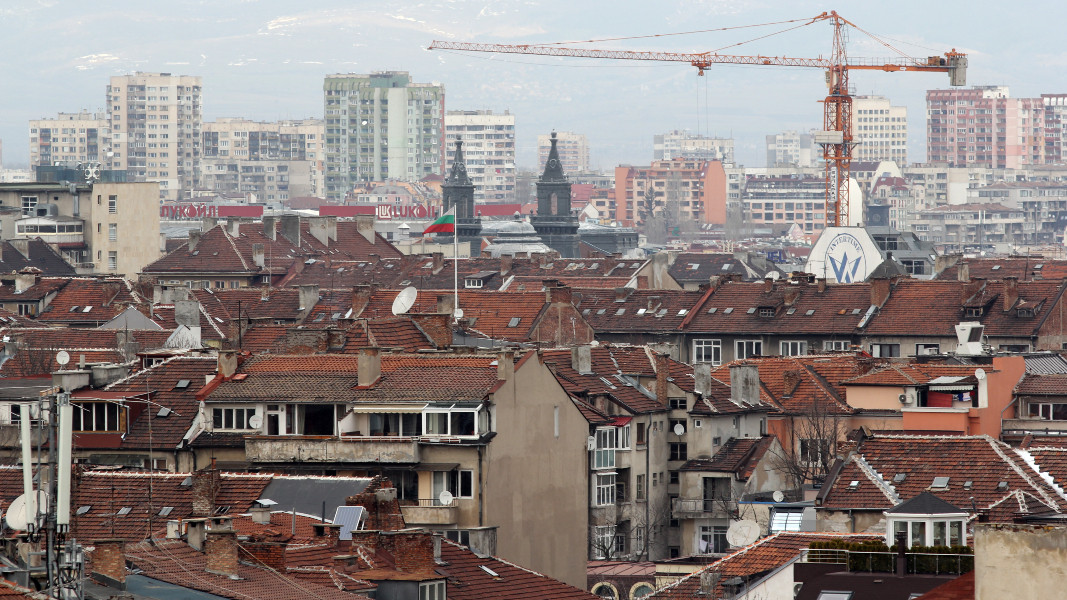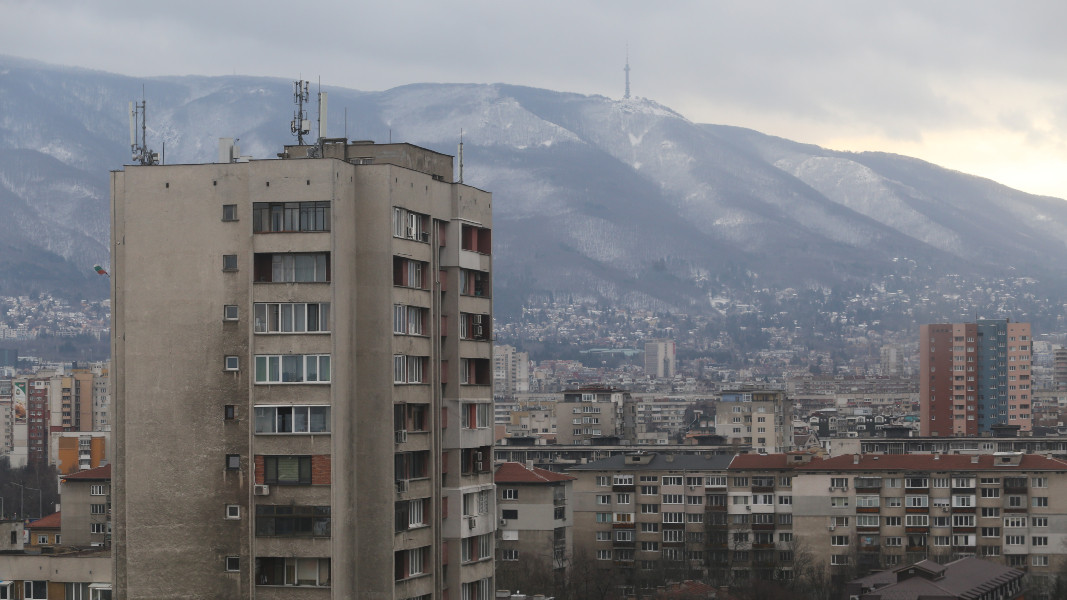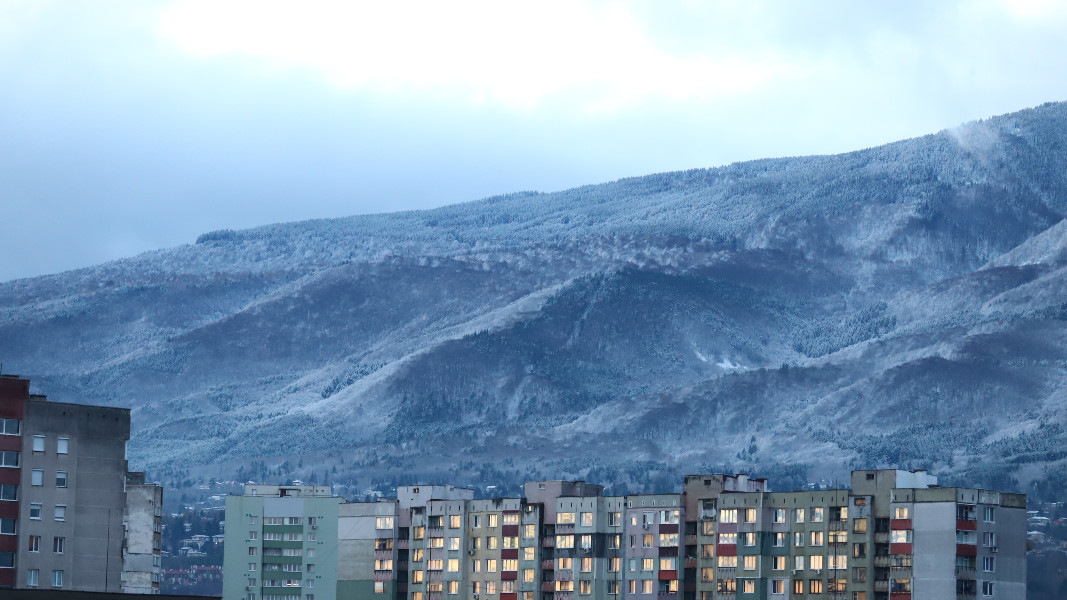The horrifying images of collapsed buildings and destroyed infrastructure after the earthquake in Turkey and Syria placed the question about the state of the housing stock in Bulgaria back on the agenda of society.
Many Bulgarians living in multi-storey buildings are worried if their homes can withstand a possible unpredictable natural disaster. The question of the magnitude that buildings in our cities can withstand divided experts into two camps. According to some experts, various omissions and compromises regarding the quality and safety can be found in newer buildings. Urban planner Emil Hristov from the "Sofia Team" association, however, believes that newer buildings pose the smallest risks for our security in the event of a disaster:

"Buildings constructed before 1960 pose the greatest risk, as back then there were still no serious requirements and norms regarding construction and earthquake resistance. A World Bank analysis shows that the collapse of such buildings would lead to 50% of the casualties."
When it comes to the buildings built in the 1970s and later, they are significantly safer from the point of view of the control exercised during their construction and the serious requirements for construction sites:
"Panel buildings built before 1975 have slightly lower requirements, but in general, panel structures are more deformable and can react well to an earthquake. Here comes the question, if the connections between the panels are intact and if the building is well-maintained."

Maintenance is important for any property, movable or immovable, but when it comes to a residential building, the responsibility to ensure that it does not endanger the lives of the occupants lies with the conscience of the owners.
In Sofia and probably in other Bulgarian cities, there is a serious problem related to the available information on the condition of the buildings.
"Neither we, nor anyone else has such data,” Emil Hristov says. “Mapping and finding reliable information is a very difficult process. Our recommendations, which we wrote in both the 2020 World Bank report and the integrated development plan of the Sofia Municipality are that a detailed analysis of the buildings in the city should be initiated. Every building should have a passport, showing its condition, so that a more adequate intervention can be planned if necessary. Even the archives lack data on the older buildings and some of the archives are missing."
According to Hristov, institutions such as the National Construction Control Directorate store such documentation, but only from a certain period and finding such information for buildings built before 1990 is extremely difficult.

The architect tried to dispel fears that the current certification of buildings across the country, in connection with the energy efficiency program, could label some of the homes as uninhabitable.
"Two checks are being carried out, related to the construction and energy efficiency of the building. I have information from companies that deal with such checks. Their conclusions are that in 90% of the cases, the buildings receive a positive assessment with certain remarks. Negative evaluations from the point of view of seismic risk are given to some buildings constructed before the 1960s. I rule out the possibility that the number of buildings in need of serious reconstruction after such an assessment will be too big.”
A decision on whether and how to assist owners who have received an order to improve the structural sustainability of their building is still being sought.
English version: Al. Markov
Photos: BGNES
The Regional Museum of Natural History-Plovdiv is hosting a three-day "Ice Festival" which will continue until December 15. The festival is dedicated to Antarctica Day (December 1 ) and is part of a series of initiatives organized throughout the..
On December 14 and 15, just days before the Christmas holidays, Plovdiv will once again host EXOTIC EXPO – the Bulgarian professional exhibition for exotic animals. The event is being organized for the third consecutive year and is the largest of..
The annual human rights awards Human of the Year will be presented for the seventeenth time at a ceremony today. The event takes place on the eve of International Human Rights Day - 10 December. The awards have no monetary value. Their purpose is to..
Bulgarians' assessments of the past year in personal terms differ sharply from their views on the situation in the country and the world , according to a..
Bulgarian scientists in Antarctica traditionally celebrate the New Year several times, depending on the presence of foreigners in the base, the head of..

+359 2 9336 661
